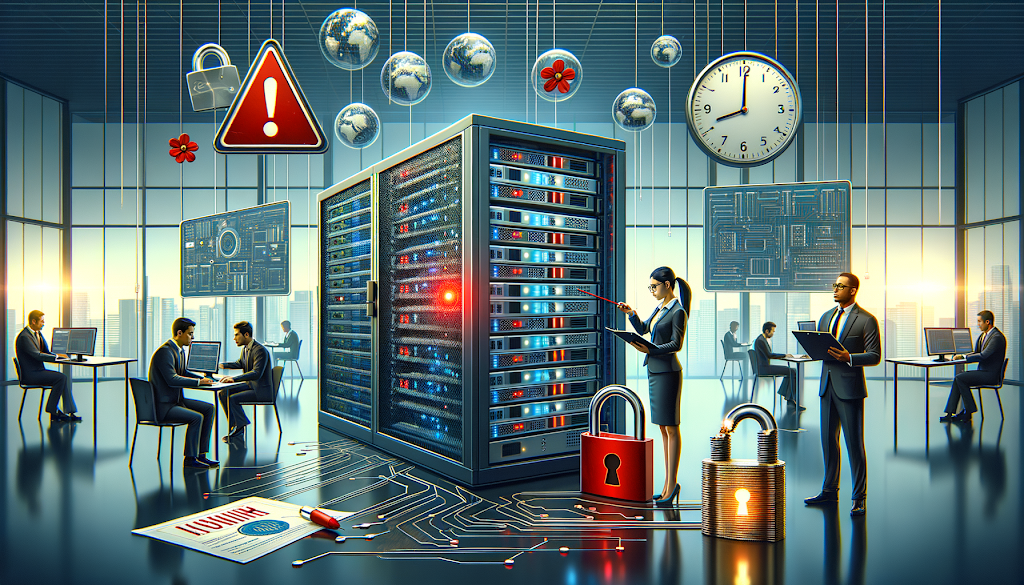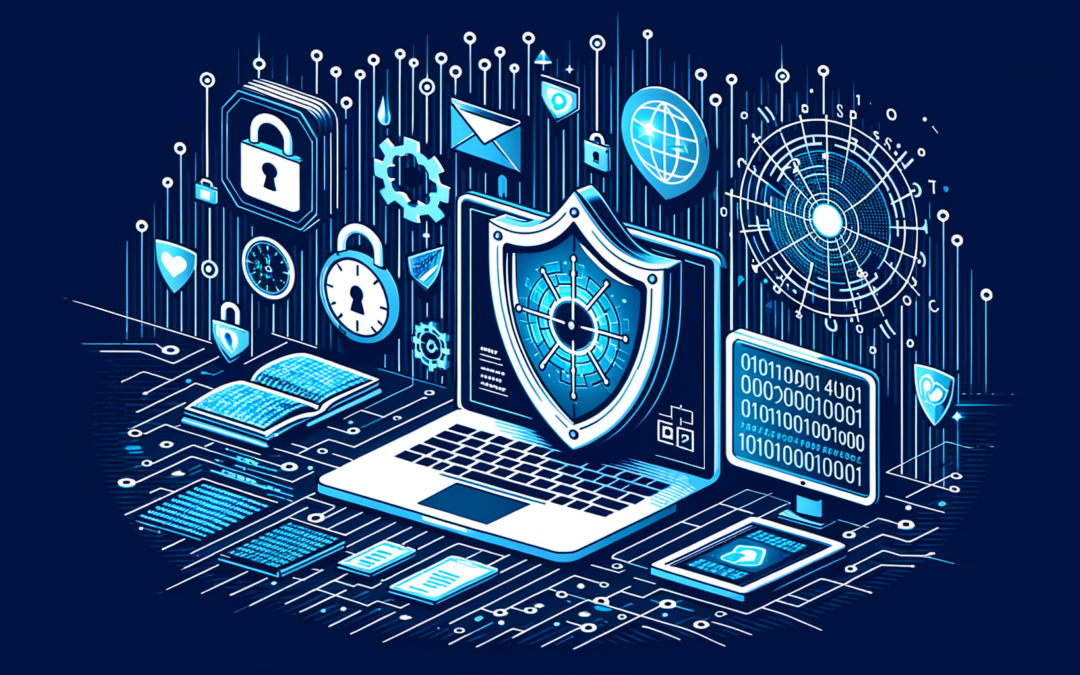Table Of Content

Hackers targeted Change Healthcare in February, a company responsible for processing insurance claims for millions of Americans. This breach could potentially compromise the data of as many as one-third of Americans. This spring’s America’s Health Care System Faces Severe Threats from Recent Cyberattacks and insurers resulted in hospitals being unable to treat patients and Americans across the country struggling to obtain or afford their medications. These incidents highlight the significant rise in Health Care Cybersecurity cyberattacks.
Cyberattacks on healthcare organizations have been occurring for years, but their frequency and severity have escalated recently. The healthcare sector often lags behind other industries in cybersecurity due to the high costs and complexity of implementing comprehensive protective measures. Early incidents were typically isolated and less damaging, but advancements in technology have enhanced the capabilities of cybercriminals, raising the stakes with sensitive patient data and critical health services now at risk.
Vulnerabilities in the Health Care System
Cybercriminals target healthcare organizations because of the valuable nature of the data they store. Personal health information, financial records, and other sensitive data are highly sought after on the black market. Additionally, many healthcare systems operate on outdated infrastructure, making them easier targets for attacks. Steven McKeon, CEO of tech firm MacguyverTech, noted that the obsolete software and infrastructure in many healthcare organizations create significant vulnerabilities.
Pavani Rangachari, a professor of healthcare administration at the University of New Haven, highlighted that despite increased vigilance and preparedness, healthcare organizations remain highly susceptible to cyberattacks. This vulnerability is exacerbated by the industry’s complex and challenging environment, where high costs and operational pressures often take precedence over cybersecurity.
Impact on Patients and Providers
Cyberattacks have profound ramifications for healthcare providers. Hospitals and clinics can become incapacitated and unable to access patient records or provide necessary treatments. This disruption can have dire consequences for patient care, potentially leading to life-threatening situations. Financially, the cost of recovering from a cyberattack can be staggering, with expenses related to data recovery, system upgrades, and potential legal liabilities.
Personal stories of individuals affected by these breaches bring to light the human element of these attacks. Patients have reported difficulties in obtaining medications, scheduling appointments, and accessing medical records, all of which underscore the critical need for robust cybersecurity in health care.
Government and Industry Response
In response to the growing threat, the Biden administration proposed fines for healthcare organizations suffering cyberattacks. The aim is to incentivize improved cybersecurity measures across the industry. However, this proposal met with resistance. The American Hospital Association argues that imposing fines or cutting Medicare payments would diminish the resources available to combat cybercrime, ultimately being counterproductive to the shared goal of preventing cyberattacks.
Experts like Steven McKeon believe that while some form of accountability is necessary, simply imposing fines may not be the most effective approach. Instead, there should be a focus on measurable and effective controls that genuinely enhance patient and system security, rather than implementing solutions that merely check regulatory boxes.
Future Outlook and Solutions
Several solutions have been proposed to bolster the cybersecurity of the healthcare sector. Technological upgrades are essential, with a focus on modernizing infrastructure and implementing advanced security measures. Increased vigilance and preparedness are also crucial, requiring continuous training and awareness programs for health care staff.
Experts like Alex Hammerstone of TrustedSec emphasize the importance of effective controls and security measures that are tailored to the unique needs of health care organizations. Rather than adopting a one-size-fits-all approach, solutions should address specific vulnerabilities and operational challenges within the sector.
Pavani Rangachari advocates for a proactive approach, where healthcare organizations are not only reactive to threats but also actively seek to anticipate and mitigate potential risks. This requires a comprehensive understanding of the evolving threat landscape and a commitment to continuous improvement in cybersecurity practices.
Conclusion
The recent cyberattacks on America’s healthcare system have exposed significant vulnerabilities that need to be urgently addressed. With sensitive patient data and critical health services at stake, there is a pressing need for robust cybersecurity measures. By modernizing infrastructure, implementing effective controls, and fostering a culture of vigilance, the healthcare sector can better protect itself against future threats. It is imperative for all stakeholders, including government, industry, and healthcare providers, to collaborate and take decisive action to safeguard the integrity and security of the healthcare system.
Protect Your Healthcare Organization with Jun Cyber
As cyberattacks on healthcare organizations continue to rise, it’s crucial to fortify your defenses and safeguard your sensitive data. Jun Cyber is here to help. Our advanced cybersecurity solutions are designed specifically for the unique challenges of the healthcare sector, ensuring that your patient information and critical health services remain secure.
Secure Your Future with Jun Cyber – Your Trusted Partner in Health Care Cybersecurity.
Link to original article: https://www.nytimes.com/2024/03/05/health/cyberattack-healthcare-cash.html



